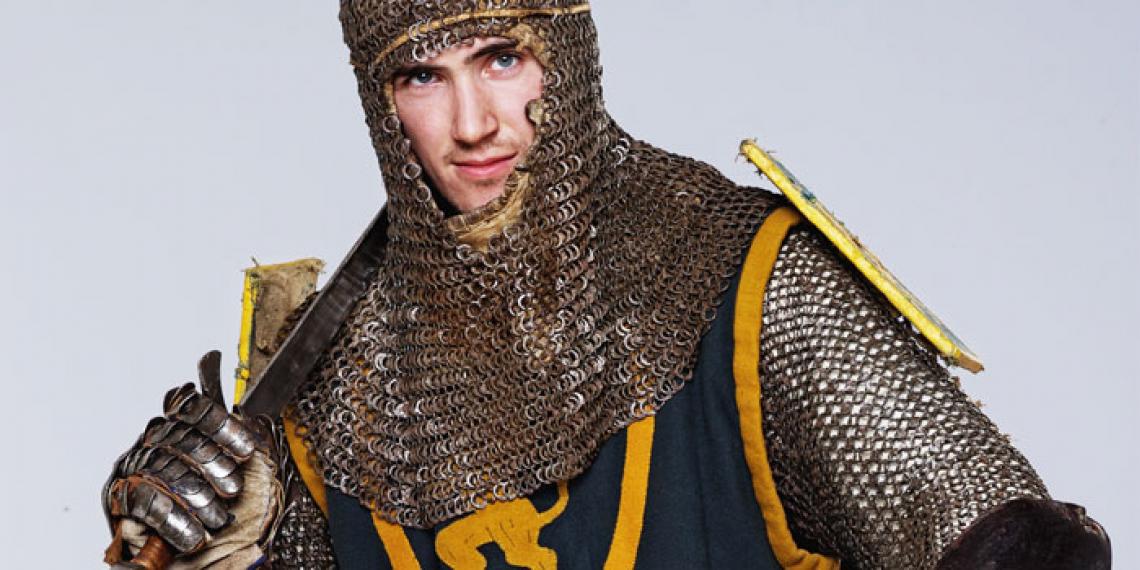You are here
Is chivalry dead?

If you’re a woman, you’ve probably heard this. If you’re a man you may have said it: ‘I used to open doors for women, but one said, “I can open my own door, thanks very much”, so I don’t do that anymore.’
It’s a fraught time for guys, who are confused about what’s okay and what’s not. And for some women it’s confusing too, not always understanding what being a strong woman means.
The concept of chivalry originated from medieval knighthood, where the code of conduct for knights was based on gallantry, honour and courtesy. They vowed to protect others who could not protect themselves and respect the honour of women.
Today, chivalry is largely expressed through symbolic gestures—like opening doors for women and older people. Yet this is still meaningful, because it allows men to express their strength in a positive way, and show a healthy regard for the opposite gender.
For women, accepting chivalry allows them to acknowledge their feminine identity, without diminishing their strength or independence. It’s a mistake to think that allowing someone to treat you with respect is a sign of weakness. Instead, it’s a sign that you respect yourself too.
So, here’s a refresher on modern day chivalry. And remember, if you are refused, don’t take it personally. A chivalric man is strong enough to rise above the odd setback.
Show respect: Open doors—not only for women, but for elders, and even for other men.
Provide your strength: If you see someone struggling with bags, a suitcase or a pram, offer your help—but don’t insist.
Be selfless: Offer your seat on a crowded bus, or lend your coat to someone who is cold.
Be protective: Don’t let a woman walk alone in the dark, offer to walk with her.